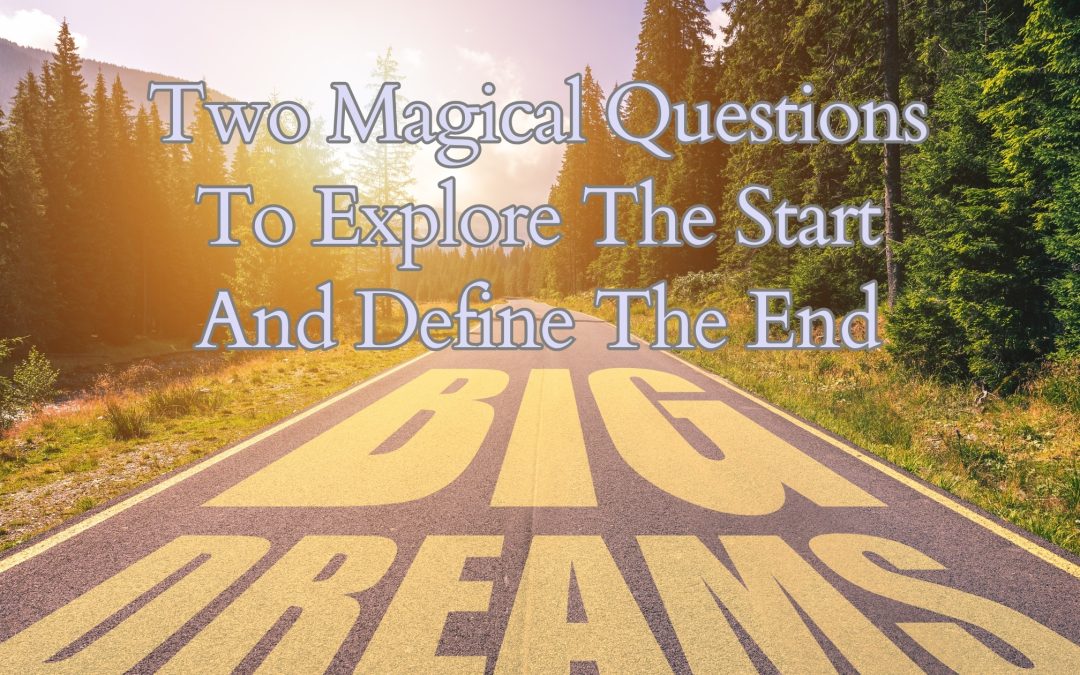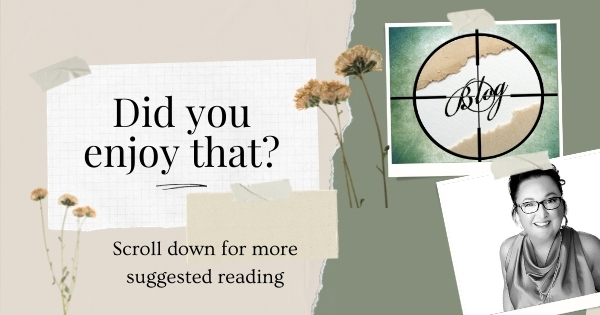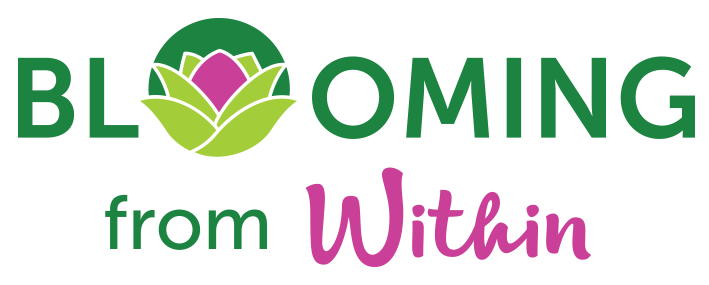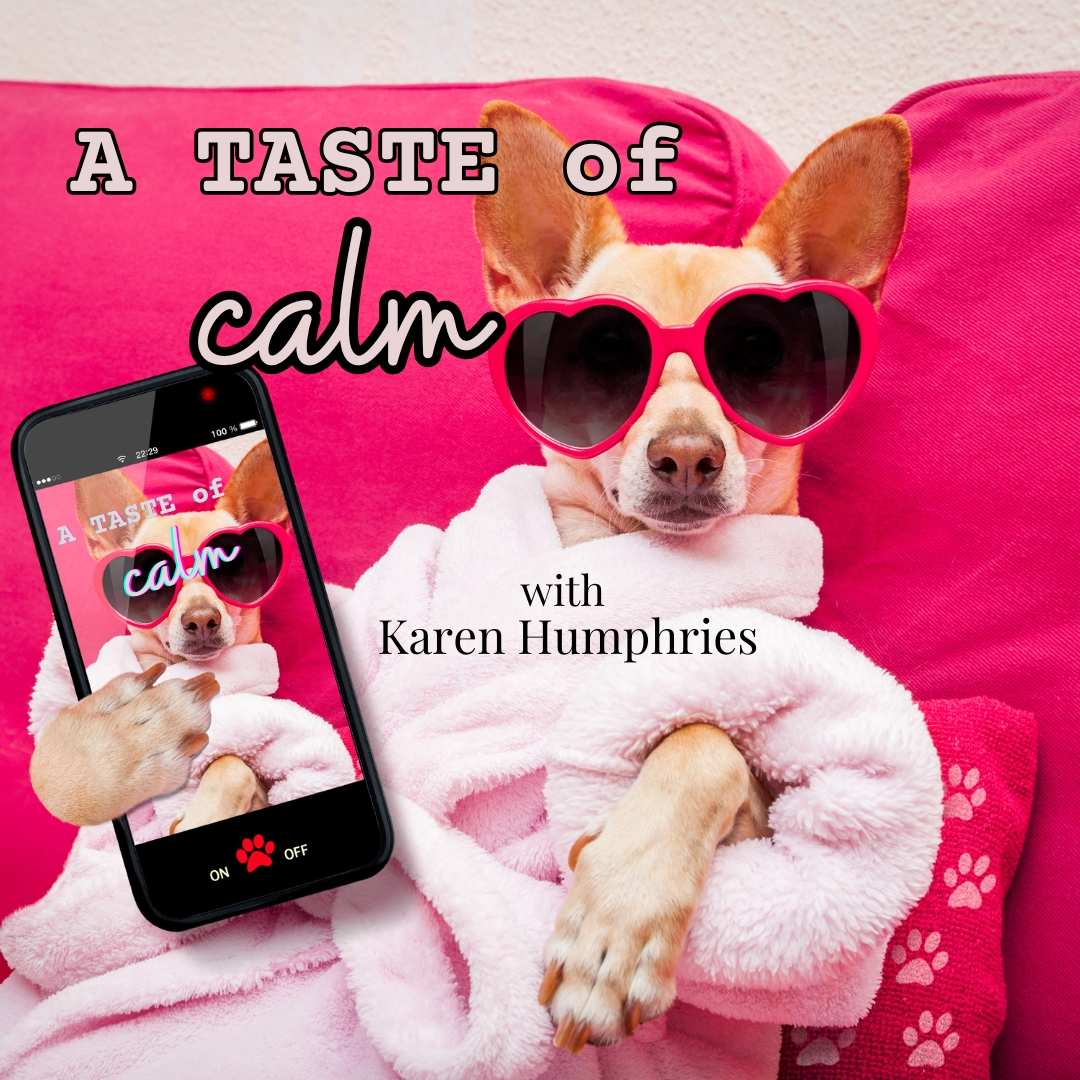
Two magical questions
Two Magical Questions To Explore The Start And Define The End – How To Create A Meaningful Intention
You must first understand your starting point to generate any meaningful change in your life. It’s called the present moment, or today. The starting point of change begins where you are right now!
Just two quick questions before you continue scrolling…
As a Change Facilitator, I spend every single client and group session asking people the following two questions.
1. Where are you at today?
2. Where do you want to be?
In other words, have you gifted yourself time to reflect on the year that is drawing to a close?
We’ve had almost 365 days of experience. Jump into your journal and explore the centre of your feelings, yep we’re working in the heart, not your head.
How well did you thrive or survive 2023?
What were those experiences like for you? Try not to think of those experiences as good or bad, but rather did you have the tools to face the challenges brought to your door?
Did those tools sustain you to move through the experience or merely survive it?
What did you learn about yourself or others or situations?
Did you reach a point of desired change where you’ve now decided it is time to stand up? Is it time to step forward? Is it time to change?
If you’ve answered yes, but are uncertain of ‘how’ don’t stress. Just trust that the decision to draw the line in the sand is a good one!
Exploring what was pleasant, or not, what you would repeat and do again, or not, is a gift of awareness. Identifying feelings associated with a specific experience supports you to create boundaries, review beliefs and refine your understanding of the world you live in. Your feelings will enable you to create a firm boundary.
For those wanting to deep dive a little further, there’s a fabulous tool called the Wheel of Life (WOL). Traditionally the WOL coaching tool enables you to quietly reflect on many facets of your life from wealth, health, relationships, career etc.
The WOL exercise is generally used to support your reflections on your recent experiences (like the year just done) and discern what you’re actually in control of. When using this tool with clients I’m sure to remind individuals to gift themselves permission to be kind as you deep dive.
Allowing yourself to discover what you might not be in control of, and perhaps what needs to change in terms of behavioural patterns is a powerful, yet confronting activity.
“THIS WISDOM IS GOING TO HELP GUIDE YOU WITH WHAT YOU’RE GOING TO DO IN THIS NEXT YEAR OF YOUR LIFE.” — Mel Robbins
Identifying information about what you’re in control of is extraordinarily powerful. It allows you to decide whether you continue forward in the same way. If your recent experiences were not positive, then perhaps ask yourself whether you want that to continue — regardless of whether you know what action needs to be taken to make a change.
To generate energy for change on a physical, mental and emotional plane, you must first know where you’re starting from. Knowing the start will naturally steer you into a direction of change, in other words, flowing into the space where you want to go next.
Mel Robbins recently released a digital download WOL whereby she encourages the reader to reflect on your past year using the premise of the following questions:
- What’s working in your life right now?
- What’s not working?
- What are you willing to do the work for to have change?
- What are you not willing to do the work for?
Answering these simple questions can help you to define the potential boundaries of change. Remember, some things may not be able to be physically changed, for example, the death of a loved one. However, your reaction to an event or experience can be changed.
So during your reflection of the year just past, be honest with yourself and explore what was hard. The ‘hard bits’ are where you did some intense up-skilling and possibly learnt some life lessons.
Identifying the shitty bits enables you to discern what you need moving forward. And perhaps most importantly reflecting on those moments gifts you an awareness that you are far stronger than you ever imagined.
Without realising it, you have grown in the last 12 months. You’ve changed. You have developed your kind of wisdom just by navigating the path of life.
“WHEN YOUR GOALS ARE INFORMED BY THE THINGS YOU’VE STRUGGLED WITH, THOSE GOALS TAKE ON A RICHNESS OF MEANING.” — Mel Robbins
Exploring the psychological space where are at today, through reflection of the year just past enables you to readily identify a starting point of your life as a whole. Consider using the Wheel of Life tool, or Mel Robbins digital downloadable (click here) and explore your life — relationships, health, wealth, love etc.
Allow your answers to surprise you, as any identified area for change is your destination moving forward. It’s that simple and complicated.
Gift yourself an hour to ask yourself where am I now, and what is my intended destination? I encourage you to then reflect on any aspect of your life where you’ve identified a source of stress or low score. In other words, where do you want to be?
Asking yourself frank questions like “What am I in control of?”, and “What can I surrender and just go with the flow?” allows you to fine-tune the road map to move forward.
The ultimate destination of your reflection isn’t to win a million dollars. You only end up with the same challenges you have now, and a million dollars worth of bills.
Your intended destination should be what will make you happy in the various areas of your life. When you identify what your desired happiness looks and feels like, you can then draw up an action plan of how to achieve it.

First published with Illumination, a Medium Publication. Click here this piece.

Want to read more like this?
This is My Roar – signed copies of my first published book can be purchased from this website.
Self Reflection – A little Look Within – click here
8 Hot Tips How To Journal – click here
Can You Risk Not Stepping Up To Mother yourself? – Click here
About Karen
Change Facilitator
Karen Humphries is a Kinesiology Practitioner, Health & Business Coach, LEAP & NES Practitioner, Intuitive Meditation Facilitator, and published author. She is a self-confessed laughaholic. She loves being of service to the world with her humorous and positive approach to life, encouraging people to ‘choose to change and bloom from within.’








